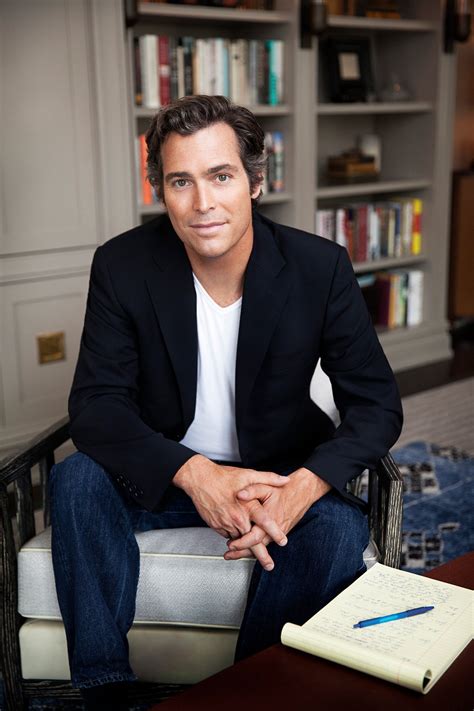A Quote by Friedrich Nietzsche
Every extension of knowledge arises from making the conscious the unconscious.
Related Quotes
No organism can afford to be conscious of matters with which it could deal at unconscious levels. Broadly, we can afford to sink those sorts of knowledge which continue to be true regardless of changes in the environment, but we must maintain in an accessible place all those controls of behavior which must be modified for every instance. The economics of the system, in fact, pushes organisms toward sinking into the unconscious those generalities of relationship which remain permanently true and toward keeping within the conscious the pragmatic of particular instances.
The child's mind is not the type of mind we adults possess. If we call our type of mind the conscious type, that of the child is an unconscious mind. Now an unconscious mind does not mean an inferior mind. An unconscious mind can be full of intelligence. One will find this type of intelligence in every being, and every insect has it.
The best indicator of your level of consciousness is how you deal with life's challenges when they come. Through those challenges, an already unconscious person tends to become more deeply unconscious, and a conscious person more intensely conscious. You can use a challenge to awaken you, or you can allow it to pull you into even deeper sleep. The dream of ordinary unconsciousness then turns into a nightmare.
People are living in unconsciousness, doing all kinds of things in unconsciousness. Everybody is an unconscious robot. We are just pretending that we are conscious; we are not conscious. The moment you become conscious, all unconscious actions disappear from your life. Your life starts moving in a new dimension. Your each act comes out of inner clarity; your each response is virtuous, is virtue. To live unconsciously is to live in sin; to live consciously is to be virtuous, is to be religious. And to live in total awareness is to be a buddha, is to be a christ.







































